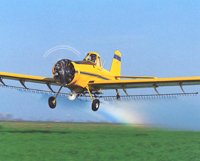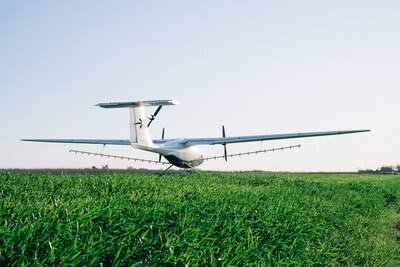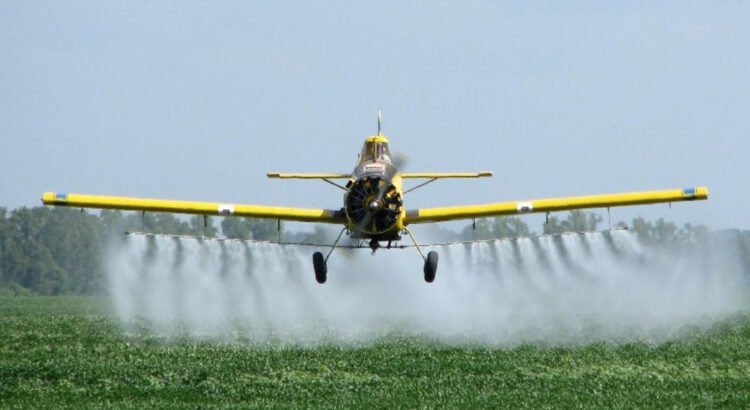North Dakota is celebrating a historic achievement in the 2024 growing season, as aerial applicators treated a record-breaking 5.5 million acres of cropland. This surpasses the previous record of 5.2 million acres set in 2015, marking a significant milestone for both the aviation and agricultural industries. All licensed aerial applicators are required to report their acreage annually to the North Dakota Aeronautics Commission, and the state’s historical (20 year) average is approximately 4 million acres per year.
Aerial applicators are a cornerstone of the aviation community, providing critical services that protect crops, boost production, and support the world’s food supply. Their efforts ensure the health of North Dakota’s agricultural sector, which plays a vital role in feeding the nation and the world. In addition to supporting farmers, aerial applicators contribute significantly to the state’s economy by enhancing crop yields and reducing losses from pests, weeds, and diseases.

“Reaching 5.5 million acres treated in 2024 is a testament to the dedication and innovation of North Dakota’s aerial applicators.” said Kyle Wanner Executive Director of the North Dakota Aeronautics Commission. “Their efforts are essential to protecting our crops, supporting our farmers, and strengthening our state’s economy.”
Currently, North Dakota is home to 78 licensed manned aerial applicators operating 183 aircraft and employing 156 skilled pilots. These professionals combine advanced technology and expertise to ensure efficient and effective crop protection.
“Our work is all about timing and precision.” said Steve Iglehart, a local aerial applicator and current president of the the North Dakota Agricultural Aviation Association (NDAAA). “When crops are under threat from pests or disease, aerial application ensures farmers get the protection they need quickly and effectively.”
In 2022, the North Dakota Aeronautics Commission also began issuing licenses to unmanned aerial applicators, signaling the start of a new era in agricultural aviation. This emerging sector has experienced remarkable growth, with 21 licensed unmanned aerial applicators now providing precision services across nearly 70,000 acres of farmland.

“The expansion of unmanned aerial applicator services highlights the innovative spirit of our agricultural aviation community,” added Wanner. “This technology enhances efficiency and precision, paving the way for continued growth and sustainability in our agricultural practices.”
All aerial applicators, whether manned or unmanned, are required to be licensed by the North Dakota Aeronautics Commission, ensuring high standards of safety and professionalism.
With this record-breaking season, North Dakota reaffirms its position as a leader in agricultural aviation, combining tradition and innovation to meet the growing demands of modern farming.




